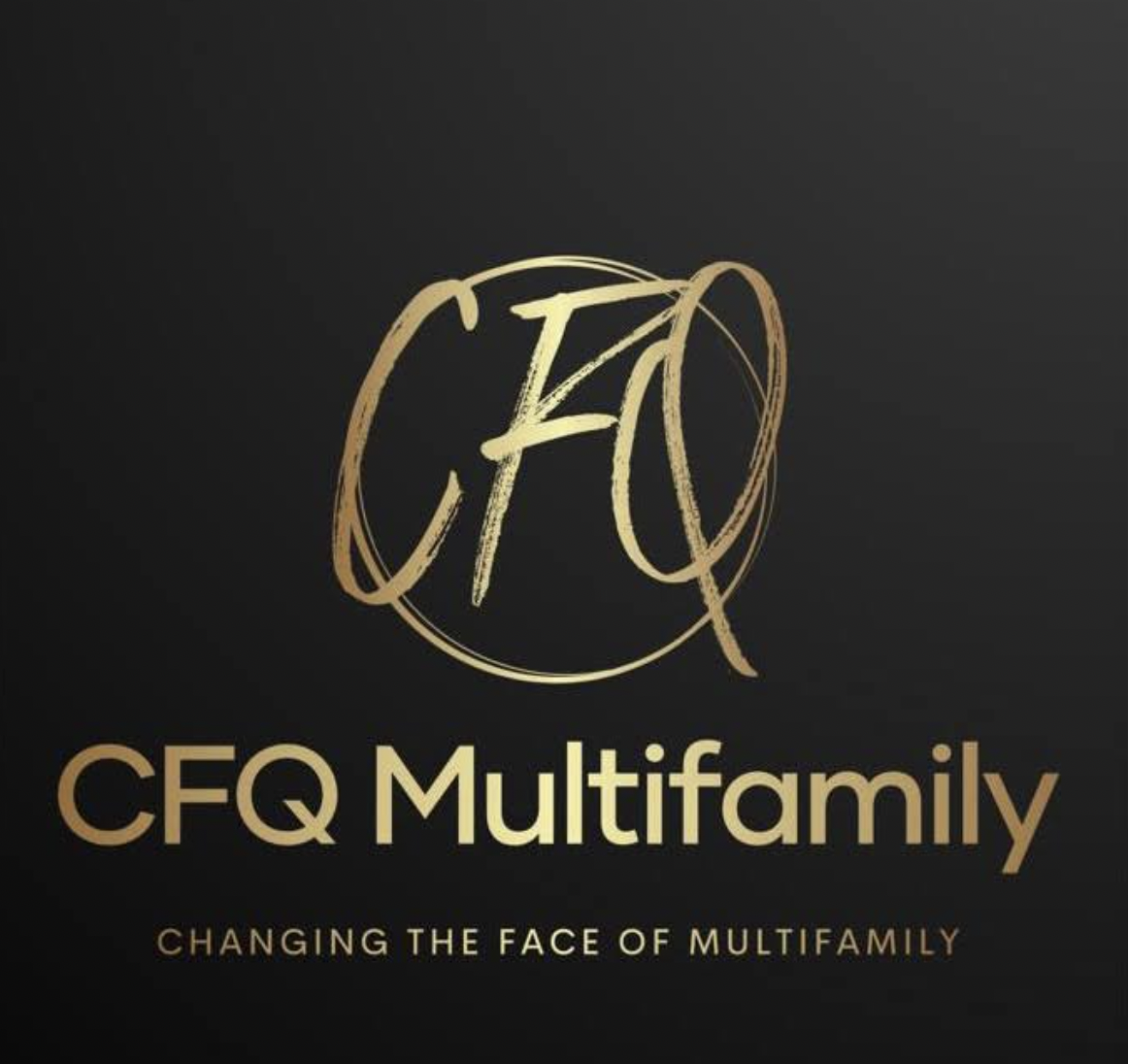Multifamily investment strategy or syndication explained

You may ask yourself “What is apartment SYNDICATION investment strategy ?And what do investors get?”
A real estate syndicate is a group of investors who combine their capital to buy a property. Together, individuals and companies have more buying power than on their own. Syndicates are commonly structured as limited liability companies (“LLCs”). This special purpose entity is the method by which investors purchase property, like apartment complexes we purchase at The Apartment Queen.
The practice of teaming up to acquire real estate goes back hundreds of years,. It used to be that real estate entrepreneurs or professionals (now known as “sponsors”) could advertise their investment ideas to anyone; today this is “public solicitation”. The Securities Act of 1933 required all new securities offerings to be registered with the Securities Exchange Commission (“SEC’) to provide oversight and protect investors from fraud. Now the problem existed that registering each offering and jumping through the necessary hoops made syndication less efficient. Although this effectively stopped public solicitation, private syndication continued. This what we do at The Apartment Queen most of the time as a Regulation D 506B offering. This law change forced syndicators to gather capital from private “black book” of money sources.these for some often included members of the country club, family trusts, working professionals, and more. Those real estate syndications were put together quietly and relied heavily on personal connections or licensed fund brokers.
The SEC released “safe harbor” rules that allowed for sponsors to avoid registration under certain conditions. The safe harbors still do not allow for public solicitation. Sponsors had two choices: 1.) raise money without public solicitation and avoid registration, or 2.) register the securities with the SEC, wait for approval, and then solicit investments from the public. We have found like most, the prior is more efficient for sponsors, and therefore we almost always choose private syndication.
What do you get from a syndication?
A sponsor has the knowledge and experience to locate, analyze, and purchase a multifamily property with major upside ( investment earnings potential).
Passive investors (from here on out referred to as equity partners) usually don’t have the experience, free time and funds to purchase commercial multifamily property on their own.
Equity partners have the misconception that investing in a syndication means their money will be tied up during the entire hold period. (A hold period is the time that the property is held under ownership by all members/ shareholders in the LLC who own the building. The time period is usually measured in years, industry average hold time currently is five to seven years (Our hold times are 3-5 years).
You buy a property in a syndication model, this means you are part of a group of investors who all own shares of the property. You may have the ability to sell your shares to other investors in/outside the group . An investor or their family could have an accident, become ill or experienced hardship. We know when this append they need cash. The syndicator may allow the sale of shares in some specific cases.
As a equity partner, your due diligence should include knowing if the prospective syndicator allows investors to sell their shares, and how.
A private placement memorandum(PPM) you will sign when making an investment into a syndication. It’s a SUPER LENGTHY legal document (required by the SEC/ written by our well paid securities attourny ).This includes the partnership agreement. The PPM outlines all the information about the project, how everyone is compensated, the fee structures, preferred returns (if stated) and how income and appreciation will be distributed. It also addresses circumstances in which an investor incurs a hardship and needs to replace themselves as equity partners.
The PPM is going to be your “go to” document for everything. I have a feeling no one reads these, but please try. It contains a treasure trove of information. There is an intro paragraph that provides a summary of the deal. Next, The down and dirty is the “risk factors” section. Here is where you want to spend most of your time. No one knows the risks like the sponsor putting the deal together. This is well written by our experienced SEC attorney. Everything is in here because if there were ever a lawsuit, the sponsor did their job to explain the risks.
GOOD QUESTIONS- What are the loan terms?
What kind of loan did the sponsor get? What is the interest rate? How long is it fixed for? How much money was put down? Is the philosophy to pay down debt and then distribute money? Or is there a return that can change after 5 years? Is there an interest only loan?
How is the syndication funded/ how much do you need to close?
The sponsors usually have to come up with the remaining cash to close after the loan coverage (75/25 Loan to value is typical leaving 25% of acquisition and development to raise) plus additional soft costs/closing costs. Needs for the money raise on our projects is given to private individuals. This benefits equity partners greatly to make life-changing income. Last project for example- 50k capital contribution (excluding quarterly payouts) ended up turning into 105% of that on sale.. wow. We also offer 70-75% of the asset to be owned by equity partners even though managers do all the work, very generous. To do this we need to have access to other investors who can help fund our deals at all time. Otherwise we have to go with debt lenders who provide all the capital for 50% of the deal and none of my friends, or family benefit from the hard work that we do. I LOVE making my friends RICH.
What about the stock market?-
How is the stock market different?
investing in the stock market, investors cannot enjoy the many tax benefits that real estate investments carry, such as depreciation and expense write-off. Don’t forget its highly volatile-canning one day to the next.
Keep this in mind if you’re looking at someone “newer” to the syndication game.
An early operator just starting out, can be a slam dunk investment. The newer operators are eager to make you happy, provide overly favorable terms, and in many cases, take a loss on you just to simply get your business and referrals again! Searching out a new player with the above due diligence can be a superior combination.
Returns-
We payout quarterly cash on cash after the first year value-add period is over.
If the project is a heavy value play we will usually refinance and distribute cash to shareholders.
Again on sale we will be distributing more checks. This is the big one.
So you can possibly make three returns- cash on cash, refinance cashout, and sale returns.
In the past we have seen 9% cash on cash and 85-100% return on sale.
If you’re interested in more information about upcoming multifamily investment projects and how we can serve you, email us at [email protected]
Or book a call with me calendy.com/Kaylee-6
WE ARE LOOKING FOR MORE INVESTORS LIKE YOU PLEASE HIT THE forward button ABOVE to quickly send to a friend who can benefit from our forward-thinking strategies and investments.
To be qualified for our next investment Let me give you our investor quiz so you’ll be put into the list for events and deals
You can find my form “The Apartment Queen™ Investor Questionnaire” at: https://form.jotform.com/200207883604451
our ideal investor is usually one of these individuals:
Ultimate passive investors-
WOMEN with
1031 exchange over 1 million-
High net worth individuals
Doctors
Dentists
Engineers
Individual who Worked for a major company over 10 years
Real estate brokers/agents
Female athletes
Aggie women
Women CEO/founder
Socialites/society
dutchess/heiress
Individuals with pension funds
Endowments
Women-owned family offices or family offices/funds who support the social initiative to teach financial literacy to women
Angel investors supporting women
Share:
More Posts
Multifamily Investment Strategy Or Syndication Explained
Multifamily investment strategy or syndication explained You may ask yourself “What is apartment SYNDICATION investment strategy ?And what do investors get?” A real estate
18 Apartment Investing Terms No One Knows! Ask Us! Pt.1
So We know that not everybody wants to ask us to explain certain terms that they hear us talk about in multifamily, but don’t
16 Ways To VALUE-ADD For DAYZZZ!
Today, on my mind is the value-add structure pending upon takeover of two multifamily apartment complexes we are closing on at the end of the

What Makes Us The #1 Women-Lead Multifamily Investment Firm?
Why people should choose APQ: We solve common problems that individuals in our industry do not. These include but are not limited to, flexible financing
Send Us A Message






